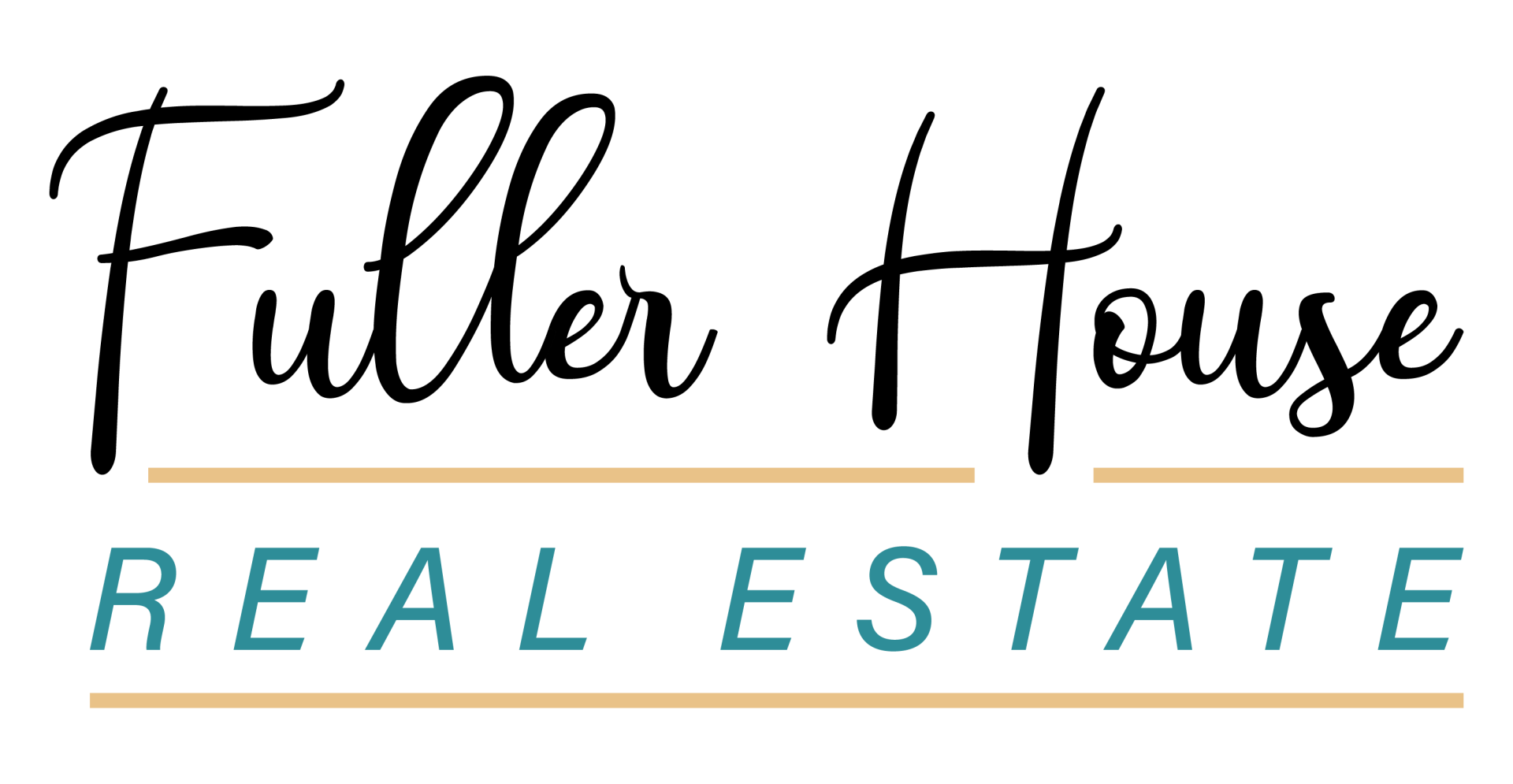Keys to Happiness: Exploring Renting and Buying Options in the Housing Market
Renting vs. Buying a Home: Weighing the Pros and Cons
One of the biggest decisions many individuals face is whether to rent or buy a home. Each option comes with its own set of advantages and disadvantages, and understanding them is crucial to making an informed choice. In this blog post, we'll delve into the pros and cons of renting and buying, helping you navigate this important decision.
Advantages of Renting:
- Flexibility: Renting offers the flexibility to easily change your living location without the burden of selling a property. Whether you're exploring new job opportunities or prefer a more nomadic lifestyle, renting allows for greater mobility.
- Lower upfront costs: Renting typically requires a smaller upfront cost compared to buying a home. Instead of a substantial down payment, you usually need to pay a security deposit and possibly the first month's rent.
- Limited responsibilities: When you rent, the landlord is responsible for property maintenance, repairs, and property taxes. This relieves you of many financial and time-consuming obligations associated with homeownership.
- Lower financial risk: Renting reduces your exposure to financial risk since you're not directly impacted by fluctuations in the real estate market. You don't bear the burden of declines in property value or other unforeseen expenses.
Disadvantages of Renting:
- Lack of equity: One of the major downsides of renting is the absence of equity accumulation. Unlike homeowners, renters don't build equity through monthly payments, which means their housing expenses don't contribute towards ownership.
- Limited control and restrictions: Renting often comes with certain limitations imposed by the landlord, such as restrictions on making changes to the property, keeping pets, or hosting guests for extended periods. This lack of control over the living space can be frustrating for some individuals.
- Rent increases: Rent prices can rise over time, which can impact your budget and make it challenging to predict or control housing costs in the long run. Renters are subject to market forces and landlord decisions when it comes to rental increases.
- No tax benefits: Unlike homeowners, renters do not benefit from tax deductions associated with homeownership. Rent payments are not tax-deductible, and renters miss out on potential savings in this regard.
Advantages of Buying:
- Long-term investment: Buying a home allows you to build equity and potentially benefit from appreciation in property value. Over time, your mortgage payments contribute towards ownership, and you can reap the rewards when it's time to sell.
- Stability and control: Homeownership provides stability, as you have control over your living space. You can customize and modify it to suit your preferences, fostering a sense of ownership and belonging.
- Potential tax benefits: Homeowners may be eligible for tax deductions on mortgage interest payments and property taxes. These tax benefits can help reduce overall tax liability and provide some financial relief.
- Sense of community: Owning a home often leads to a stronger sense of community. As a homeowner, you're more likely to engage with neighbors, participate in local events, and establish deeper roots within the neighborhood.
Disadvantages of Buying:
- Higher upfront costs: Purchasing a home typically requires a significant upfront investment. From the down payment to closing costs and other expenses, the initial financial commitment can be substantial and may pose a challenge for some individuals.
- Maintenance and repairs: Homeownership comes with the responsibility of maintaining and repairing the property. This includes costs for regular maintenance, unexpected repairs, and other related expenses that can add up over time.
- Limited flexibility: Owning a home limits your flexibility to move compared to renting. Selling a property can be time-consuming and subject to market conditions, making it harder to relocate quickly or take advantage of new opportunities in different areas.
- Market risk: The value of your property can fluctuate over time, and there is no guarantee of appreciation. Economic factors and local market conditions can impact property values, which means there is a level of market risk associated with homeownership. If property values decline, you could potentially lose money when selling.
Deciding between renting and buying a home requires careful consideration of the advantages and disadvantages associated with each option. Renting offers flexibility, lower upfront costs, and fewer responsibilities, but it lacks the potential for equity accumulation and tax benefits. On the other hand, buying a home provides long-term investment potential, stability, and a sense of community, but it comes with higher upfront costs, maintenance responsibilities, and limited flexibility.
If you're still uncertain about which option is right for you or need assistance navigating the real estate market, consider reaching out to the professionals at Fuller House Real Estate in Clearwater, Florida. Their experienced team can provide guidance tailored to your specific needs and help you make an informed decision. You can contact them at 727-470-9373, send an email to info@fullerhousere.com, or visit their website at www.FullerHouseRE.com.
Remember, whether you choose to rent or buy, it's essential to weigh the pros and cons, consider your financial situation, and envision your long-term goals. Taking the time to make an informed decision will ultimately lead you to a housing choice that aligns with your lifestyle and preferences.
KerryAnn's Current Real Estate Discussions


Contact Information
Get Insider Tips on Real Estate: Sign Up for Fuller House RE Advice Email
Email Subscribe
We will get back to you as soon as possible.
Please try again later.
Quick Navigation Links
© Copyright 2022 | All Rights Reserved | Fuller House Real Estate

